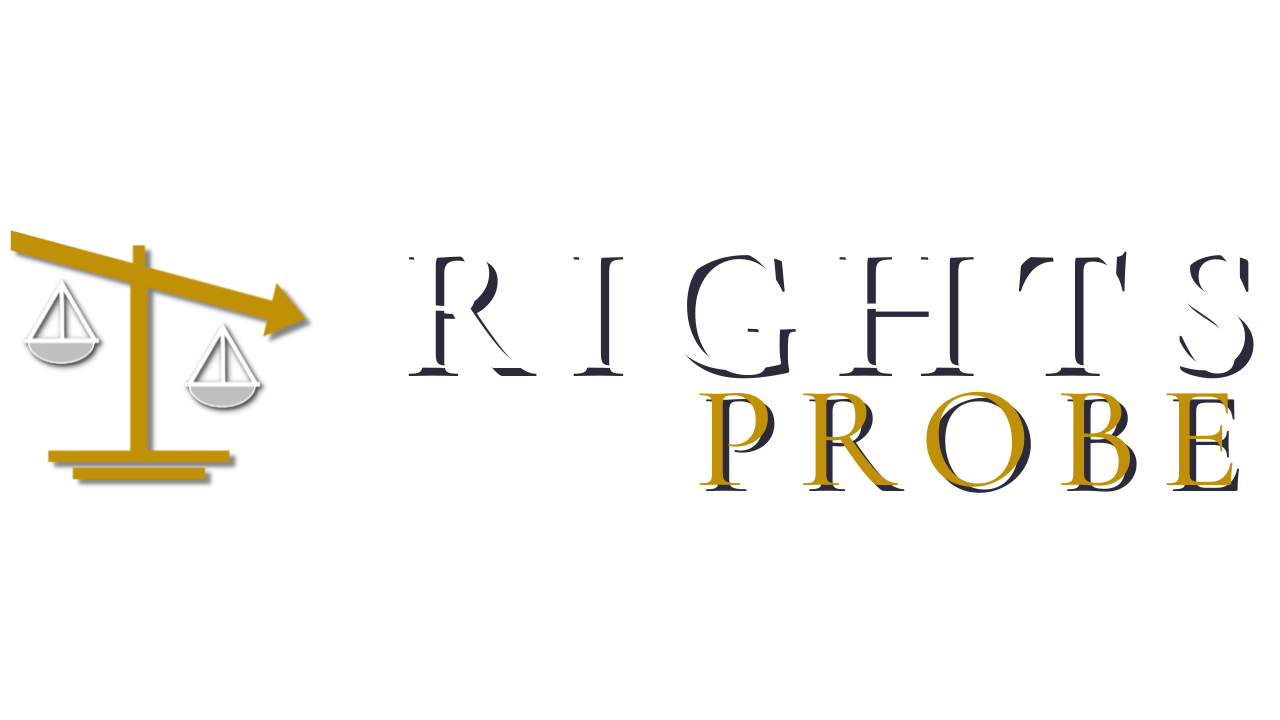Withdrawal of BC’s proposed Land Act changes is a triumph of democracy and common sense
By Conrad Black | Published by The Epoch Times
Summary
Canada has been responsible for its indigenous policy since 1848 in the case of Ontario and Quebec, and since 1867 in respect of the whole country except Newfoundland and Labrador which joined Confederation in 1949. We temporarily descended to a new level of absurdity on this subject with British Colombia’s proposed changes to its Land Act, which governs the provincial granting of leases, licenses, permits, rights-of-way, and land sales. [As part of its work to align B.C. laws with the United Nations Declaration on the Rights of Indigenous Peoples] it was revealed that the changes would cause a shift to joint decision-making power between the provincial government and B.C.’s more than 200 First Nations, “through joint or consent models.”
…
The UNDRIP criteria could be construed by militant nativists as handing the whole city of Vancouver to the First Nations. Section 35 of Canada’s Constitution requires consultation with First Nations in a number of appropriate areas, but that is a comprehensively inadequate concession under UNDRIP criteria.
Section 7 of DRIPA requires that joint decision-making or joint consent arrangements are to be made between the B.C. government and any affected indigenous group in respect of the administration of approximately 90 percent of the territory of the province. It is clear that either Mr. Cullen and the B.C. government had to create such a mechanism that constituted an indigenous right of veto, or necessity of consent which amounted to a veto, or the government would derogate from its own self-immersion under DRIPA.
There was no easy way off the horns of this dilemma: there had to be a veto as required in Bill 41, or there would be a direct contradiction between two laws that would have been passed by the same government. The picture was considerably darkened by the regrettable fact that all three major political parties in B.C. at the time voted in favour of DRIPA, although many warned of its dangers. Vancouver lawyer Robin Junger wrote in the Vancouver Sun at the time: “It will likely be impossible for government to live up to the expectations that Indigenous groups will now reasonably hold, without fundamentally affecting the rights and interests of third parties.”
Mr. Cullen assured skeptics that there would be no veto because complainant parties could seek judicial review in court. But in a perceptive analysis by Queen’s university law professor and Fraser Institute senior fellow Bruce Pardy published in The Epoch Times, this was dismissed as “nonsense on stilts.” He pointed out that by that standard, “no government official has final authority under any statute.”
“Courts on judicial review generally defer to statutory decision-makers. And they don’t change decisions but merely send them back to be made again. The argument that First Nations won’t have a veto because their decisions can be challenged on judicial review is legal jibber jabber,” Mr. Pardy wrote. “When the U.N. passed UNDRIP in 2007, people said they can’t be serious. When the B.C. legislature passed DRIPA in 2019, people said they can’t be serious. The B.C. government now proposes to give First Nations a veto over the use of Crown land. Don’t worry, they can’t be serious.
Of course, Mr. Pardy was correct: They are not in the least serious in the sense of being responsible legislators enacting the wishes of a provincial government that deserves to be taken seriously on the merits of its policy.
…
This is only the latest episode in the feckless and invertebrate failure of our governments to produce and enact a serious plan to address legitimate grievances of the indigenous people.
Read the full article at the publisher’s website here
Image credit: Jimmy Emerson
